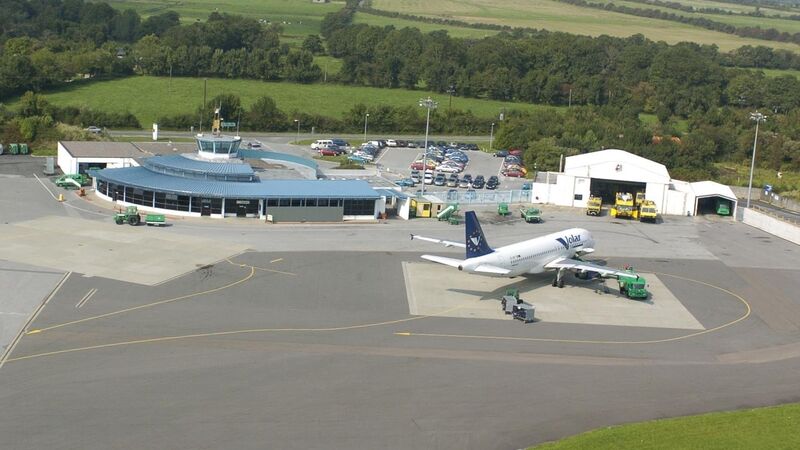Kerry Airport to hit record passenger numbers with new facilities

Kerry Airport has invested around €5m of its own reserves into a new arrivals and departure facilities which will open at the end of July. Picture: Don MacMonagle
Kerry airport is heading for record passenger numbers this year, its AGM in Tralee heard on Monday.
The airport in Farranfore, which is heavily dependent on government subsidy, reported operating profit after taxation of €1,373,300 for 2024, compared to €1,198,347 in the previous year.














